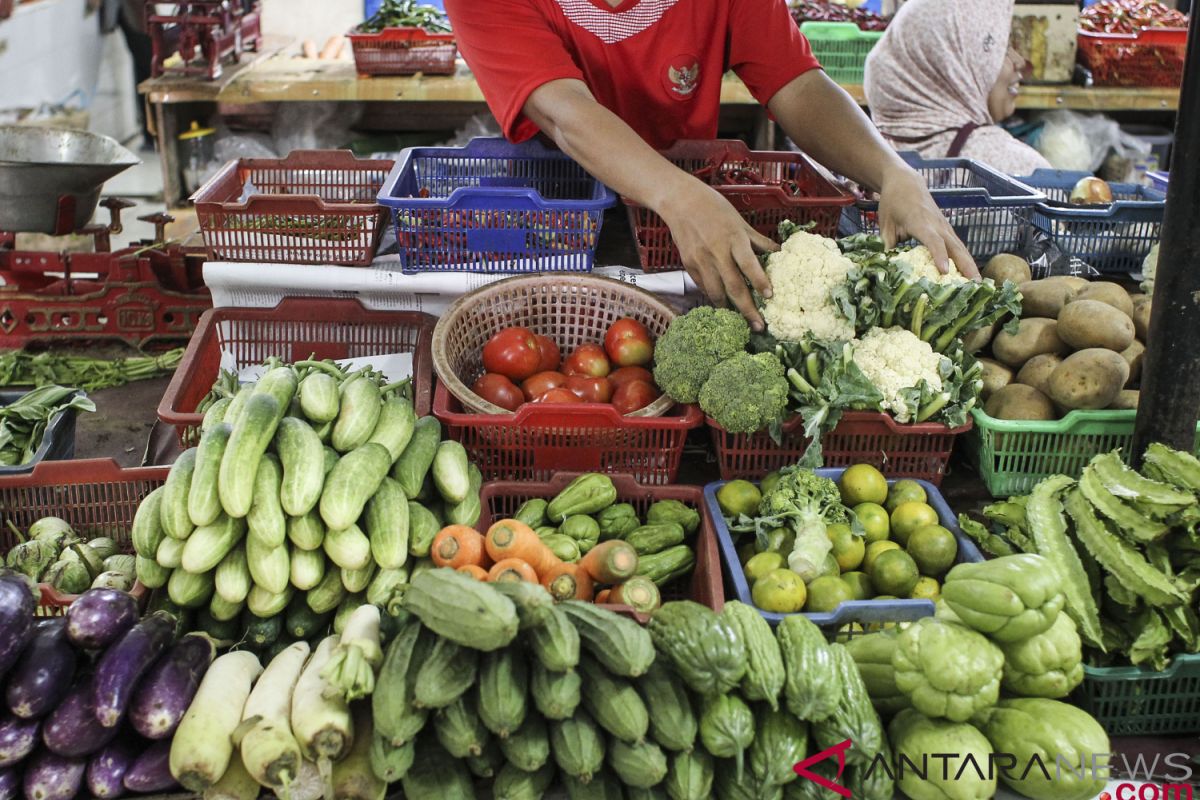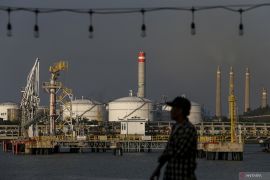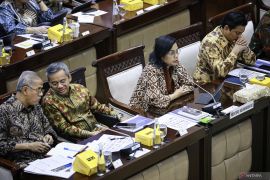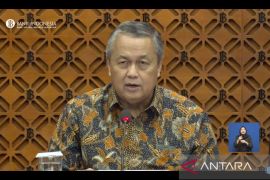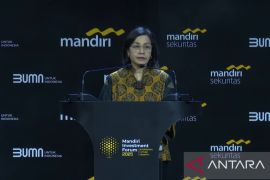INDEF researcher, Riza Annisa Pujarama, stated here on Thursday that inflation in the food sector in December has always been higher than the general inflation in the past eight years.
Food prices usually begin to crawl up in November and reach their peak in December.
"Based on the pattern of the inflation movement data from 2014 to 2017, inflation on prices of goods had always begun to increase in November and go down in January.
This has the potential to occur again at the end of 2018. The government needs to take anticipatory steps so that the hike would not be too high," Pujarama told a press conference here.
In 2018, inflation is triggered by rising core inflation and volatile goods inflation. Rupiah exchange rate depreciation drives core inflation rates.
When the average rupiah exchange rate jumped in July to Rp14,400 per US dollar, core inflation jumped to 0.41 percent, the highest figure during January to October 2018. Volatile goods inflation mainly occurred due to a surge in several commodities.
Meanwhile, government-administered price inflation moved steadily in 2018. Until October 2018, government-controlled price inflation moved relatively low and stable.
This is because the government does not raise subsidized fuel prices and electricity tariffs (TDL) in 2018, so that government-regulated price inflation moved to be more stable and lower than 2017.
Food and processed foods such as rice, meat, broiler meat, chicken eggs, and kitchen seasonings have triggered inflation for volatile goods.
This also applies in 2018; the price of these foods often soars and drives general inflation.
Rice became a polemic in 2018 because food data was inaccurate. The price of eggs and chicken meat also continued to increase since May 2018 until in July 2018 due to the lack of supply of eggs and chicken meat.
The movement of meat prices in 2018 is relatively more stable, despite experiencing a slight increase.
INDEF Deputy Director Eko Listyanto added that the main cause of food inflation at the end of the year was due to religious festivities and year-end holidays.
However, whatever the cause is, the community needs certainty of stable prices.
"Therefore, policymakers cannot continue to depend on these reasons. There must be seriousness from the government to break the cycle and find a solution so that food prices would be more controlled at the end of the year," Listyanto remarked.
Reporting by Citro Atmoko
(T.A014/A/KR-BSR/R013) 15-11-2018 16:58:44
Reporter: Antara
Editor: Andi Abdussalam
Copyright © ANTARA 2018
